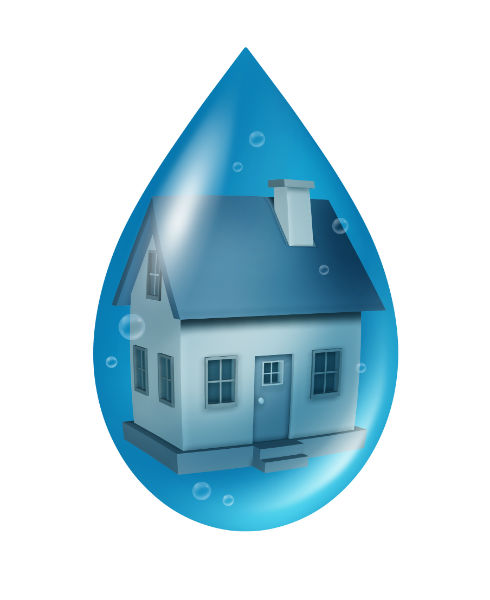by Renee Brigman | Jul 16, 2014 | Chimney Maintenance
Chimneys sure are high, but they are not necessarily dry. As one of Upstate South Carolina’s premier chimney service companies, those of us at Blue Sky Chimney Sweeps see water as your chimney’s biggest adversary. Unfortunately, it’s not at all difficult for water to...
by Renee Brigman | Jan 31, 2014 | Chimney Maintenance
As a homeowner, there are certain truths that are always worth keeping in mind. Small holes in your foundation can lead to rodent troubles. Lint build-up in your dryer vents, left unchecked, can lead to a fire hazard. Steady moisture from a leak — whether...

by Renee Brigman | Dec 31, 2013 | Chimney Maintenance
We certainly get some interesting weather in South Carolina—hurricane leftovers, rain, and humidity among them. If you’ve got a masonry chimney, it’s going to be especially susceptible to water, since it’s made of porous materials. You can avoid costly repairs by...

